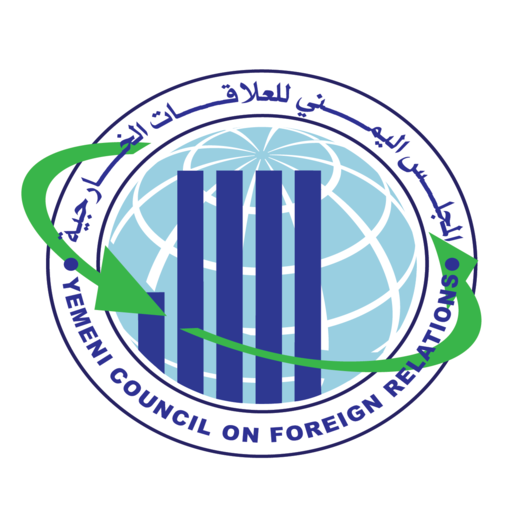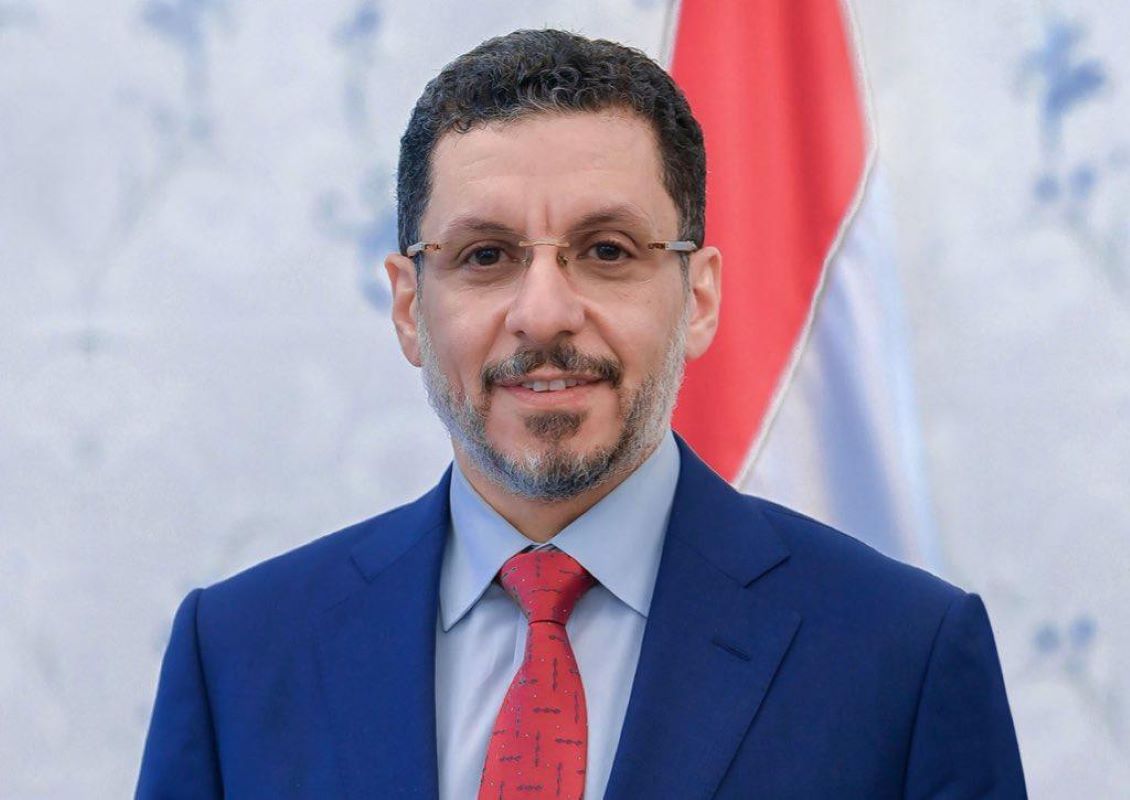Source: Prime Minister’s Office
On Tuesday, Prime Minister Dr. Ahmad Awad bin Mubarak chaired an emergency meeting with the leadership of the Central Bank of Yemen and the Ministry of Finance to discuss the developments in currency exchange rates in light of recent changes, the measures being taken, actions already implemented, and the outcomes reflected on the national currency’s exchange rate.
The meeting, which included Central Bank Governor Ahmad Ghaleb and Finance Minister Salem bin Buraik, reviewed the level of coordination between fiscal and monetary policies to implement reforms and enhance principles of transparency and governance alongside integration aspects to control the national currency’s exchange rates, boost public revenues, address existing shortcomings, and overcome them.
The meeting also assessed economic indicators and new variables affecting the national currency, considering local developments including the suspension of oil exports due to Houthi terrorist attacks, their continuous attacks on commercial ships and international navigation, in addition to regional and international developments linked to the dangerous escalation by Israeli occupation forces, and its potential repercussions across various sectors.
The Prime Minister was briefed by the Central Bank Governor on the urgent measures approved by the bank to deal with ongoing developments in the exchange markets and banking sector operations, including announcing an open auction to sell 50 million dollars. He highlighted the increasing pressure on the national currency’s exchange rate due to the halt of major national resources, dwindling aid, and declining state revenues, and the necessary actions at the level of the Presidential Leadership Council and the government to support the Central Bank in fulfilling its duties under these conditions.
The Finance Minister also provided an overview of the financial situation and available tools to support monetary policy, including expenditure rationalization and revenue development, which would help control inflation and its impact on basic goods and services prices. He affirmed that the ministry, under the directives of the Prime Minister, is working to enhance coordination and integration with the Central Bank to implement precautionary fiscal and monetary policies and rearrange priorities to help overcome the difficult and exceptional circumstances the country is going through.
The meeting approved several urgent treatments and pathways to deal with the ongoing speculative pricing in exchange markets and mechanisms for their immediate implementation.
Prime Minister Dr. Ahmad Awad bin Mubarak emphasized in the meeting that the government is well aware of the catastrophic consequences of the national currency’s exchange rate decline on citizens’ daily living and is making every effort to put an end to this, stressing the importance of integrated work at the state, government, and Central Bank levels to mobilize all efforts towards achieving economic and living stability.
Dr. Ahmad Awad bin Mubarak also confirmed the government’s support for the measures taken by the Central Bank and the importance of following through with their implementation to help restore balance to the national currency’s exchange rate and improve its value against foreign currencies. He directed full coordination between fiscal and monetary policy to achieve noticeable economic stability, positively affecting the national currency’s exchange rate, maintaining general price level stability, and improving citizens’ living standards.

